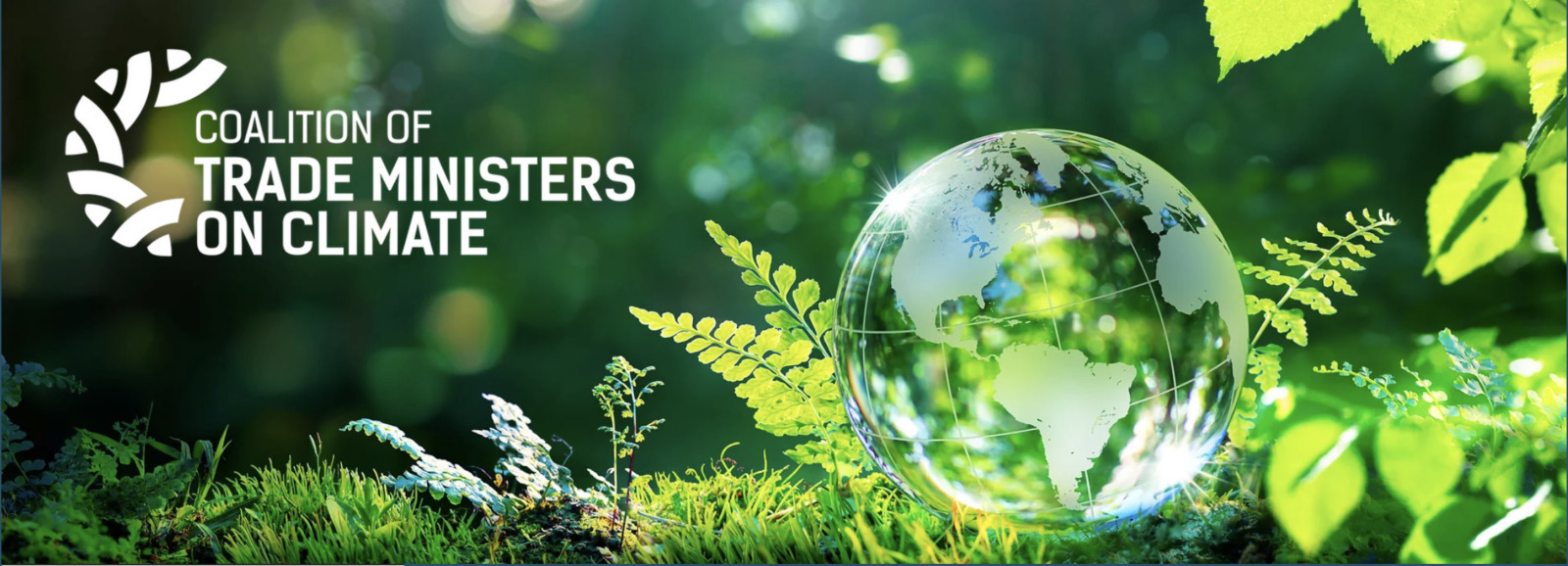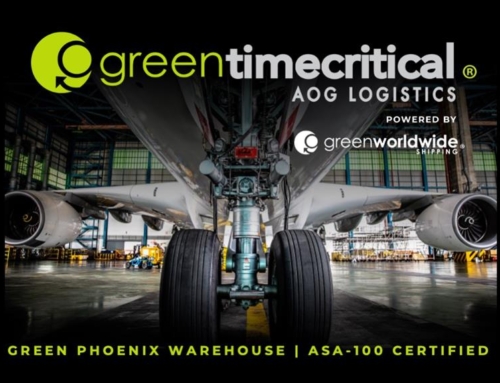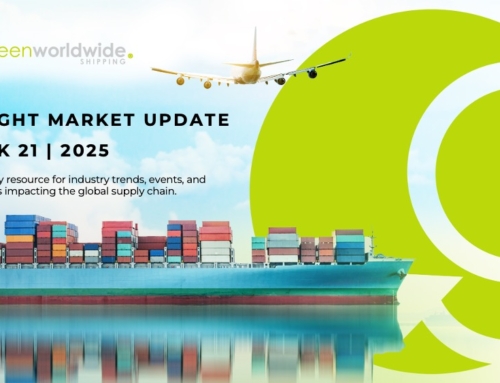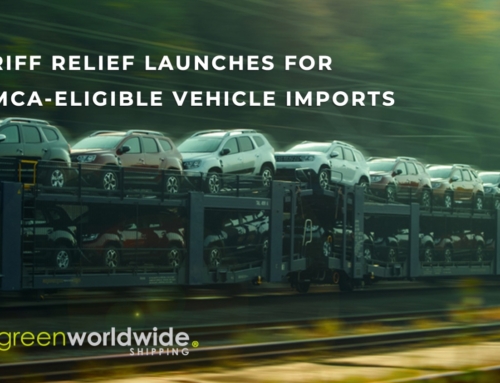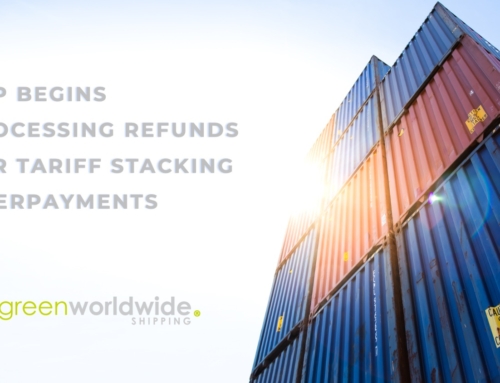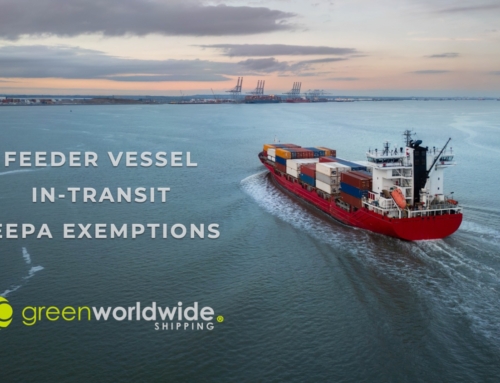On January 19, 2022, the European Union and 26 partner countries announced a new Coalition of Trade Ministers on Climate during the World Economic Forum’s annual meeting in Davos, Switzerland.
COALITION OF TRADE MINISTERS ON CLIMATE
The coalition seeks to encourage global actions and policies that benefit the environment. It aims to identify opportunities in which trade and trade policy can contribute positively to the current climate crisis in line with the United Nations Framework Convention on Climate Change (UNFCCC), the Paris Agreement, and the Sustainable Development Goals.
Trade ministers from Ecuador, the EU, Kenya, and New Zealand will lead the coalition, which also includes participants from Angola, Australia, Barbados, Cape Verde, Canada, Colombia, Costa Rica, Iceland, Gambia, Japan (Foreign Affairs and Trade), Republic of Korea, Maldives, Mozambique, Norway, Philippines, Rwanda, Zambia, Singapore, Switzerland, Ukraine, United Kingdom, United States, and Vanuatu.
The climate crisis presents challenges on a global scale; the number of people affected by vulnerable climate zones will rise to 3.2 billion people by 2050. In November 2022, some countries expressed the urgency of reducing global greenhouse gas emissions during the Conference of the Parties (COP27) of the UNFCCC.
INTERNATIONAL TRADE AND SUBSIDIARY CONFLICTS
However, it seems that individual efforts and new climate policies to address the environmental crisis could cause economic and trade conflicts between different countries. For example, the European Union and the United States have both implemented domestic subsidies and tariffs on foreign products that benefit green energy policies.
In the United States, the Biden administration is introducing consumer subsidies for U.S.-made clean cars and green energy manufacturers. The EU considers these measures unbalanced for international competition due to massive incentives in steel, green hydrogen, and other industries, partially because of rising energy prices in Europe due to Russia’s natural gas cut-off. In response, the EU prepared similar but more proportionate subsidy countermeasures focused on more strategic sectors.
The United States and the EU continue trying to impose tariffs on carbon, steel, and aluminum imports from countries that do not reduce greenhouse gas emissions. Some experts believe these measures could lead to an inefficient subsidy war and opponents claim that such policies leave markets uncompetitive and create additional barriers to trade.
Even countries such as China and Turkey, Canada, Mexico, Brazil, and South Korea have already expressed significant disagreements with these measures.
STAKEHOLDER EXPECTATIONS
Members of the coalition will establish alliances with climate and financial organizations to create a trade, environment, and sustainable development orientation to meet the coalition objectives. In addition, to ensure a positive contribution of commerce to climate change, it is intended to implement environmentally friendly technologies and processes.
Although there are doubts about the policy direction and concrete actions of the coalition, it is expected that its creation will reduce trade disputes over trade-related climate policies and promote activities to address environmental change in vulnerable and developing countries.
Stakeholders welcome the coalition, considering it a timely opportunity to generate debate between sectors and countries that previously seemed to have few common interests. Moreover, they believe that it will unify the international trade and climate communities and benefit the interests of both developed and developing countries.
The next meeting will be held at the WTO Ministerial Conference in early 2024. The 28th session of the Conference of the Parties (COP 28) to the UNFCCC will convene from 30 November to 12 December 2023.
Stay up-to-date on freight news with Green’s Weekly Freight Market Update by following us on Facebook, Instagram, and LinkedIn. For continuous updates, make sure to check out our website at greenworldwide.com.

